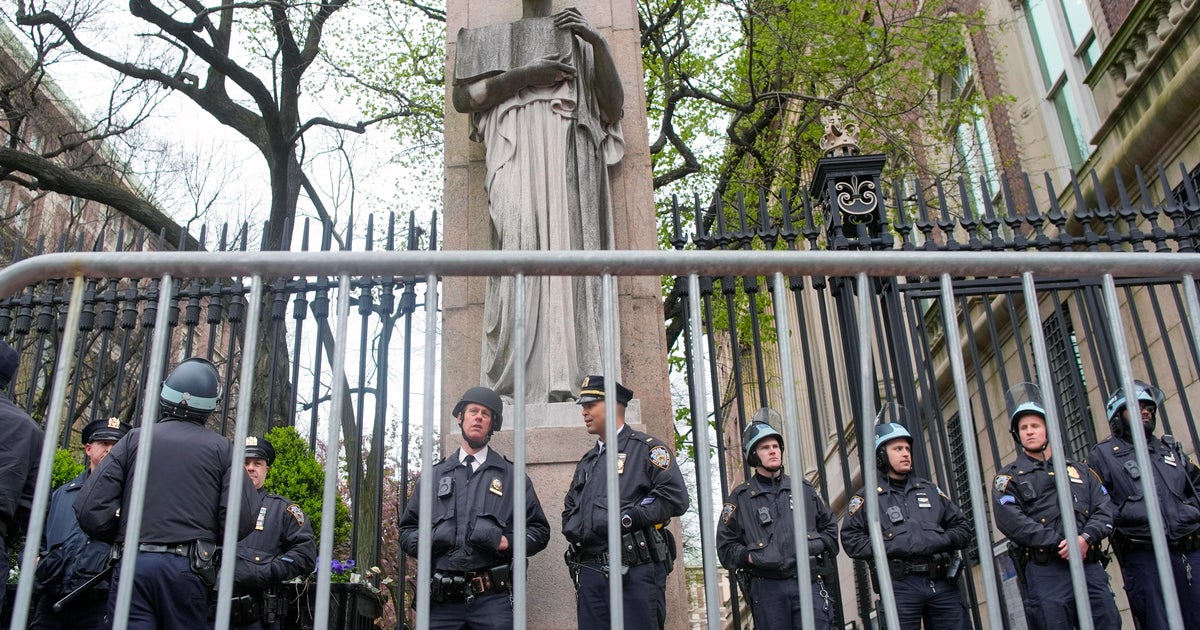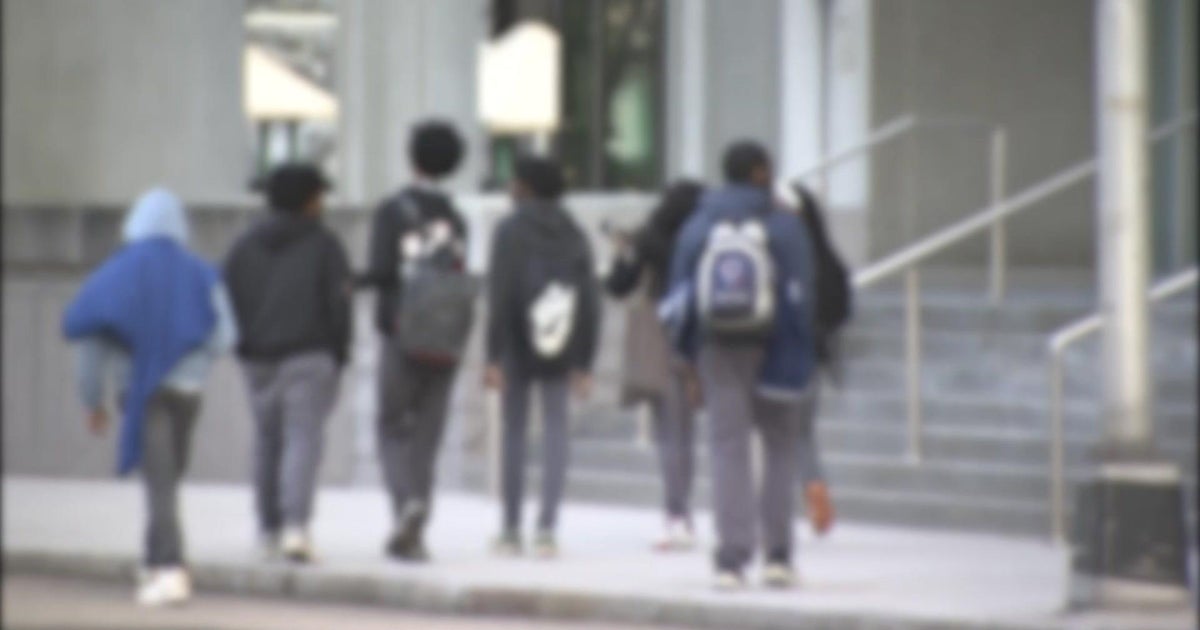Snapshot NYC: Deaf Umpire Calls 'Em Like He Sees 'Em On The Field
FAIR LAWN, N.J. (CBSNewYork) - Being an umpire is a thankless job.
One umpire doesn't listen to any of the heckling. He just calls 'em like he see 'em, reports CBSN New York's Steve Overmyer.
Umpires are mostly equipped the same: Pads for protection, tools for accuracy.
Jon Breuer used to work at the hectic world on the New York Stock Exchange.
His career as a high school umpire in New Jersey might be more demanding: He's called hundreds of games, but hasn't heard a single one.
"Umpiring is a big challenge for me," Breuer said. "Being a deaf person in the hearing world is a big deal. I can't explain it. It feels amazing to be here on the field."
Jon makes sure the coaches know they'll have to wave to get his attention. He makes the field rules clear – and even though he's deaf, communication is smooth.
Umpires usually rely on their hearing, but with Breuer, it's all visual.
"For a hearing umpire, they'll depend on their hearing as well as their vision," he said. "For me, being that I'm deaf I can only use my eyesight, so my processing information with my eyes is 0.8 seconds faster than hearing people.
"I feel like I can see close calls better, I depend on my eyes for everything," he said. "For me I have to look at the catch and the feet at the same time and I feel I can process that faster."
A 2011 Gallaudet University study found in deaf people, that area of the brain dealing with audio reorganizes to help eyesight. The results are better peripheral vision and optical processing is faster by 8 tenths of a second.
Baseball can be a noisy game. Chatter is a tradition, and so is barking at the ump. He doesn't have to hear any of the parents yelling.
"Oh yeah that's the best part of umpiring," said Breuer. "Everytime I talk with other umpires, they always say 'You know everybody is always getting mad at me. You're lucky you don't have to hear it!'"
Baseball has a hidden language with hand signals. Though there's no official proof, the umpire's signals are credited to the first deaf major leaguer. When William Hoy broke into the bigs in the late 1800s umpires would shout their calls.
Hoy asked them to use hand signals, and now 130 years later, they're still in use.
In life, Jon communicates differently, but on the diamond his calls need no translation – and that's empowering for Breuer and the deaf community.
"They look at me and say, 'Yes, deaf people can do this, they can umpire," he said. "I want everyone in the hearing world to really understand that deaf people can do anything."



